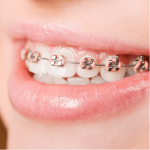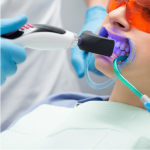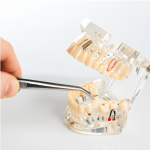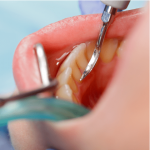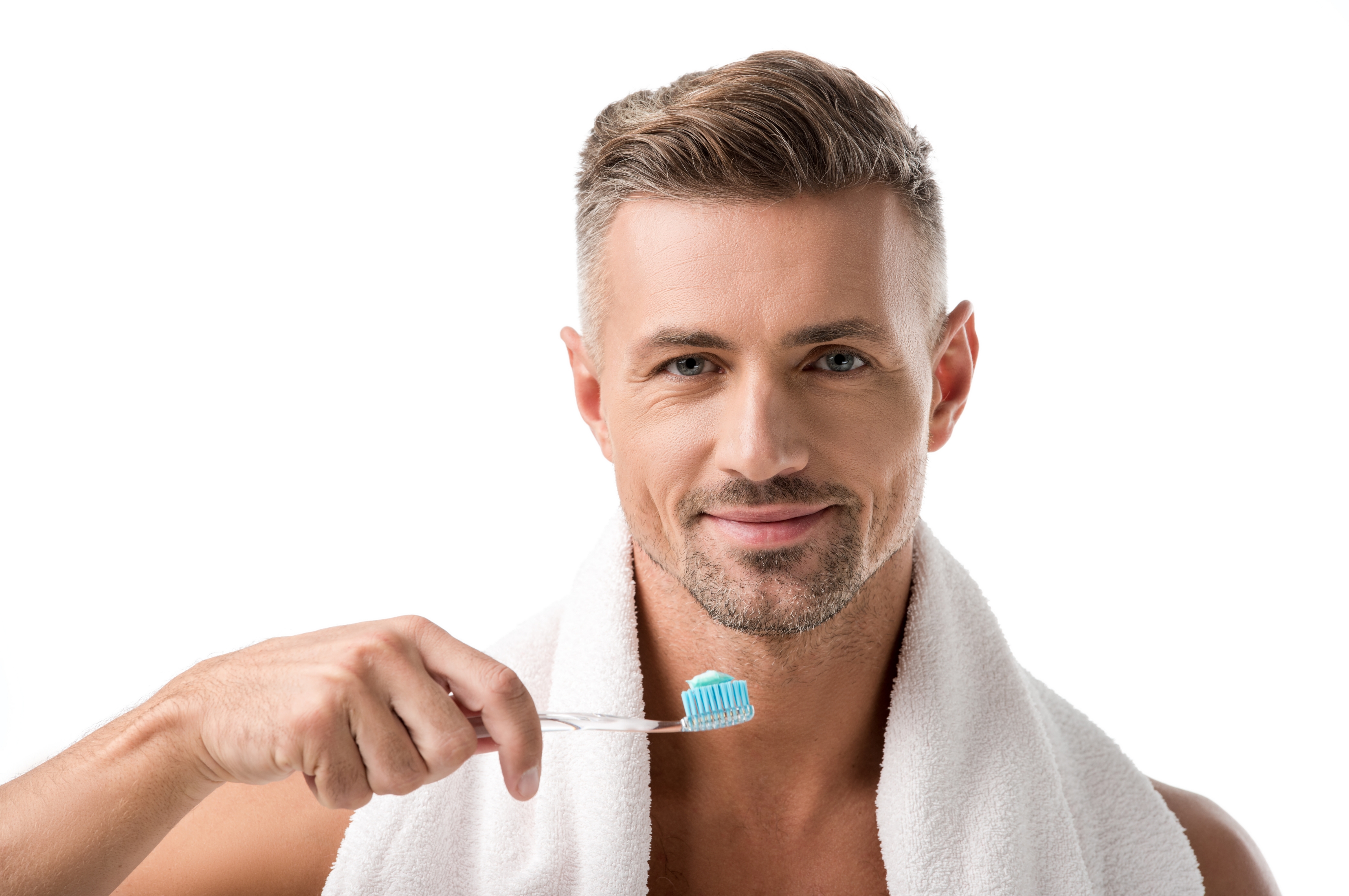
Tooth Decay
As we enter the final month of the year, many of us are no doubt looking for new and better ways of living a healthier life. For some, this involves having a better diet and fighting the urge to give into cravings, which often contain a little too much sugar.
Although sugar is affordable, too much sugar will cause tooth decay. So to motivate you to kick excessive sugar out of your diet for the coming 2020, here are a list of facts on tooth decay and tips to combat it.
Besides that, our habits on taking care of our teeth also play a major part in ensuring that no tooth decay happens to our precious teeth. Let’s start year 2020 with good oral hygiene habits.
Four Facts About Tooth Decay
Fact #1: Tooth Decay is related to what we eat or drink
Food such as chocolate, sweets, fizzy drinks and fruit juices all generate plaque acids that gradually dissolve away the enamel and dentine of the tooth.

Alternative: Look for snacks that are low in sugar but are still yummy!
Fact #2: Plaque is bad news for your teeth
If plaque is allowed to build up, acid can begin to break down the surface of your tooth. This can cause holes known as cavities, as well as gum disease, and in severe cases abscesses and tooth loss.
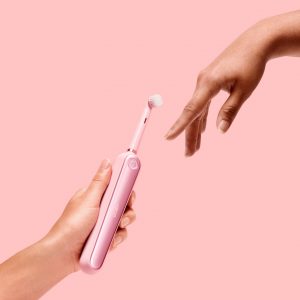
Fact #3: Painless doesn’t mean harmless
In the early stages of dental decay, there are few symptoms, but your dentist can spot cavities in the early stages when they examine or x-ray your teeth. Not feeling pain in your teeth doesn’t mean there’s no decay.
Alternative: Schedule dental checkups regularly so that your dentist can inform you of any issues with your teeth. It is recommended to see your dentist every six months to find out the current status of your dental health.
Fact #4: Tooth Decay Can Be “Caught”!
An exchange of saliva from one mouth to another can actually transmit the decay-causing bacteria that resides in one environment to another. Kissing, sharing eating utensils or anything that has had contact with saliva can be a mode of bacterial transfer.
Alternative: Make sure you regularly gargle with mouthwash that has antiseptic qualities so that it can keep the bacterial community in your mouth at bay.

